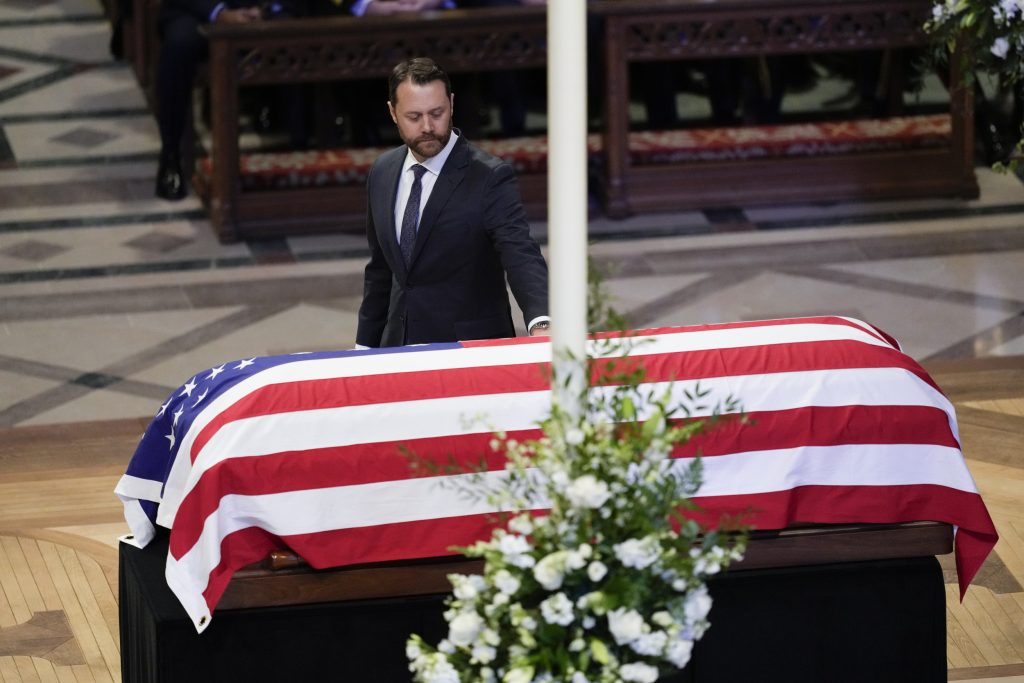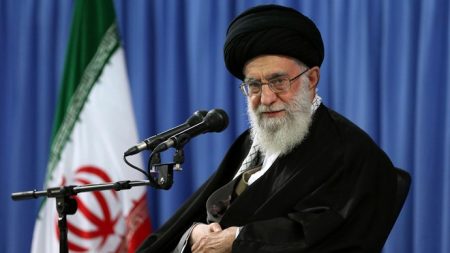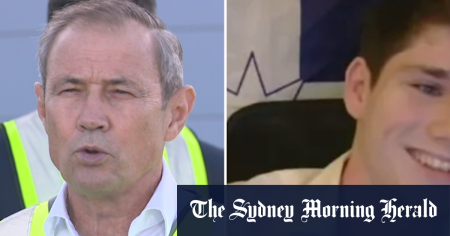Jimmy Carter, the 39th President of the United States and the longest-lived president in American history, was laid to rest in his hometown of Plains, Georgia, following a state funeral at the Washington National Cathedral. His grandson, Jason Carter, chair of The Carter Center’s governing board, delivered a moving eulogy that painted a portrait of a man who was both a global leader and a humble, deeply principled individual. The eulogy emphasized the duality of Carter’s life – his time in the highest office and his deep roots in the small town of Plains, a place he returned to after his presidency and where he lived out the vast majority of his life.
Jason Carter’s eulogy began with a reflection on his grandfather’s unwavering faith, describing him as a living testament to the goodness of God. He then acknowledged the dignitaries present, including former presidents and first ladies, emphasizing the shared understanding they had of the human side of the presidency. He humanized the image of his grandparents, whom he referred to affectionately as “PawPaw” and “Mom Carter,” by sharing anecdotes that revealed their down-to-earth nature and simple lifestyle in Plains. He described their modest home, filled with family photos and everyday items, a stark contrast to the grandeur often associated with the presidency. He recounted humorous stories, like the one about his grandfather mistakenly calling him while trying to take a picture with his new cellphone, showcasing Carter’s adaptability alongside his endearing quirks.
While acknowledging that the occasion was not simply to celebrate a “regular guy,” Jason Carter highlighted the prophetic nature of his grandfather’s political life and presidency. He lauded Carter’s courage in upholding his principles, even when they were unpopular. He enumerated Carter’s progressive stances as governor of Georgia and president, including his advocacy for racial equality, criminal justice reform, environmental protection, and fiscal responsibility. He pointed out Carter’s prescient focus on climate change, energy conservation, and renewable energy sources, decades before these issues became mainstream concerns. He highlighted Carter’s consistent integrity, noting the remarkable alignment between his public persona and his private life.
Central to the eulogy was the theme of love—a defining characteristic of Jimmy Carter’s life. Jason Carter spoke of the profound love story between his grandparents, Jimmy and Rosalynn, spanning 77 years of marriage and shared service. He affirmed his grandfather’s readiness to reunite with his beloved wife, who had predeceased him. Beyond the personal, he emphasized Carter’s expansive love for humanity, rooted in his deep faith and expressed through his commitment to justice, mercy, and humility. This love, he argued, fueled Carter’s unwavering dedication to human rights for all, his belief in the power of democracy, and his respect for the voices of ordinary people.
Jason Carter portrayed his grandfather as a man who shared the world with him, instilling in him a love for nature, science, and the interconnectedness of all things. He shared anecdotes of fishing trips and explorations of the Georgia countryside, revealing the intimate bond they shared. He then transitioned to Carter’s post-presidency work at The Carter Center, highlighting his commitment to peace and his tireless efforts to improve the lives of the poorest and most marginalized communities around the world. He offered the example of the near-eradication of guinea worm disease, a testament to Carter’s dedication to empowering local communities to effect change.
The eulogy concluded with a powerful message of hope and enduring legacy. Quoting civil rights leader Andy Young, Jason Carter reassured the audience that though his grandfather was gone, he was not gone far. He spoke of the global outpouring of love and support as a testament to the profound impact Carter had on countless lives. He shared personal reflections on where his grandfather’s spirit would reside – in everyday moments, family gatherings, and the familiar landscapes of his beloved Georgia. The eulogy painted a vivid picture of a man who lived a life of purpose, driven by love, faith, and an unwavering commitment to making the world a better place.
The overall image presented by Jason Carter was not just of a former president, but of a man whose life exemplified integrity, compassion, and unwavering dedication to serving others. He portrayed his grandfather as a man who was both ordinary and extraordinary, whose deep roots in a small town informed his global vision, and whose love for his family and community extended to all of humanity. The eulogy was a powerful tribute to a life well-lived and a legacy that will continue to inspire generations to come.










